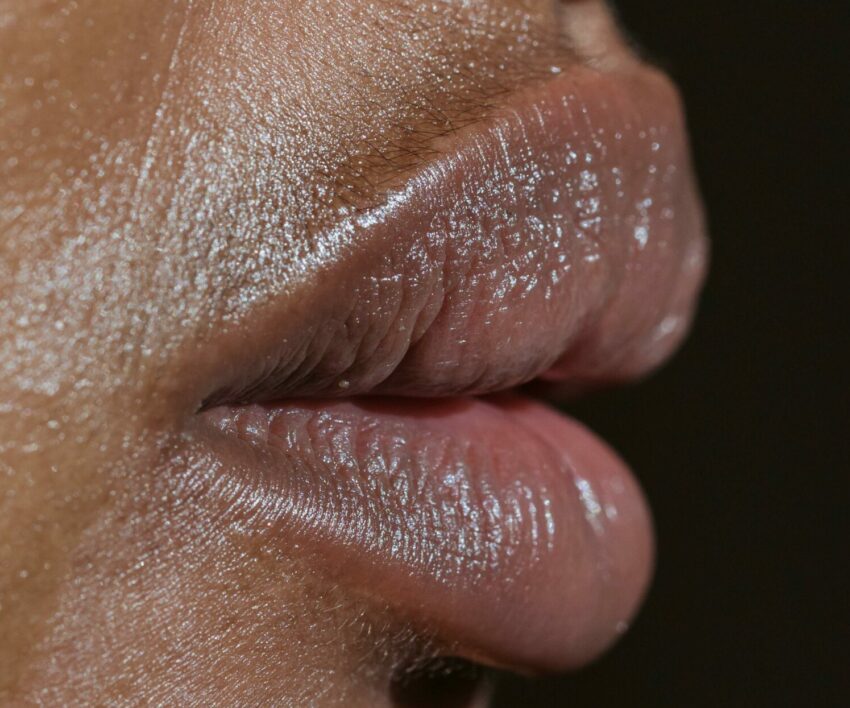
Cancer comes in many forms as it affects almost all parts of the body, it is often life-threatening, especially if not caught and treated on time. This is why it is important to take action whenever you notice anything unusual in your body.
There is a type of cancer that affects your lips, and to know for sure what it looks like, you need to have a bit of information on what this illness entails. Health experts and relevant publications detail more on all you need to know about lip cancer.
According to the Cleveland Clinic, lip cancer is a type of oral cancer and it begins in the squamous cells which surround the lips, tongue, cheeks, and throat, among other oral and face tissues. “Lip cancer has a high survival rate because the condition is often diagnosed in the early stages.” The publication further mentions that treatment techniques include surgery, chemotherapy and radiation therapy.
Additionally, Cleveland claims that lip cancer frequently resembles an unhealing mouth sore, stating that those with light skin may get reddish-coloured sores and may seem grey or dark brown on individuals with darker skin tones. “Lip cancer lesions can look a lot like cold sores when they first appear. The difference is that cold sores usually go away on their own in about 10 days. Lip cancer lesions will linger.”
This type of cancer, according to the Cancer Centre, is said to be caused by several things including , “too much exposure to sun or ultraviolet (UV) light from tanning equipment is a risk factor that’s specific to lip cancer, as is having fair skin. Although it shares these risk factors with skin cancer, health experts group lip cancer with oral cavity and oropharyngeal (throat) cancers.”
The above source mentioned that other risk factors include:
- Tobacco use: cigarette, pipe, cigar, or chewing tobacco.
- Heavy alcohol consumption
- Gender: Oral cavity and oropharyngeal cancers are said to double in men, possibly tied to alcohol and tobacco use.
- Age: “People older than 55 make up most oral and oropharyngeal cases, though most HPV-related head and neck cancers tend to be found in people younger than 50.”
- Diet: Lack of vegetables and fruit.
As mentioned before, Healthline states that lip cancer treatments include surgery, radiation therapy, chemotherapy, targeted therapy, immunotherapy, and gene therapy. The publication claims that treatment depends on the stage, tumour size, and overall health of the patient. “For people who smoke, quitting smoking before treatment can improve treatment outcomes.”




